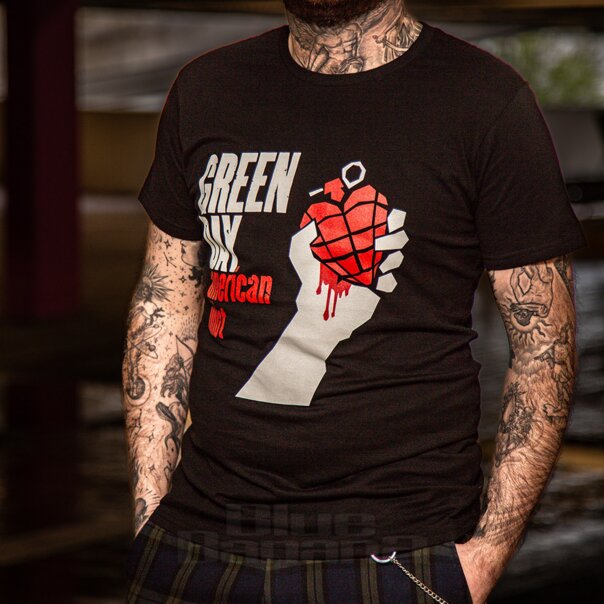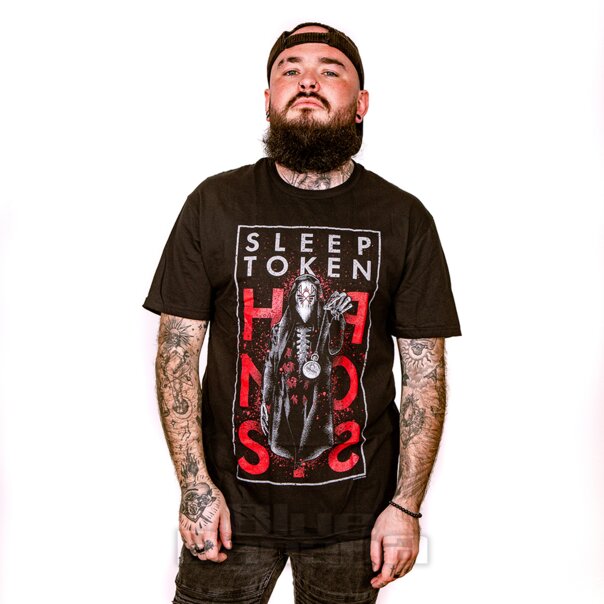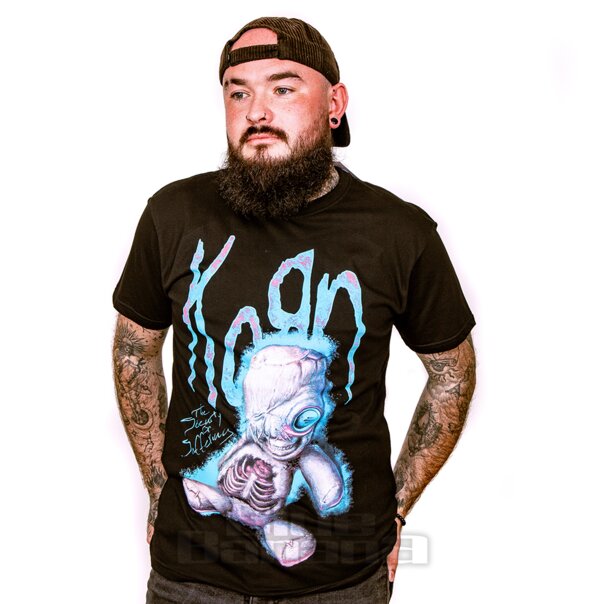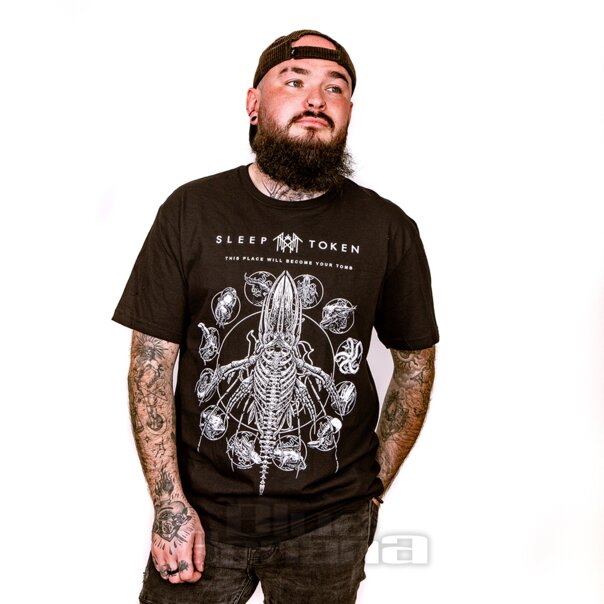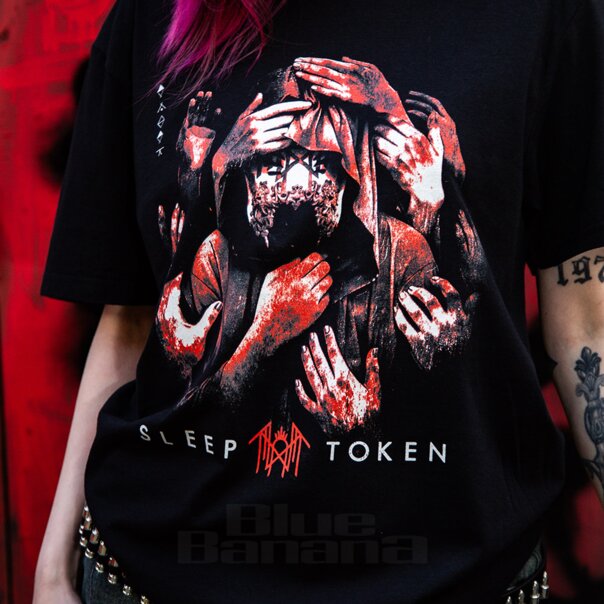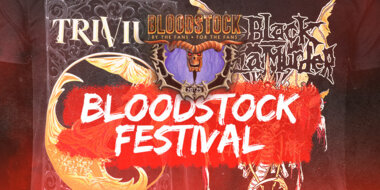
HOT TOPICS

Jan 16, 2026

Dec 26, 2025

Nov 7, 2025

Sep 26, 2025

LATEST
Feb 13, 2026

Jan 16, 2026

Jan 2, 2026

Dec 26, 2025

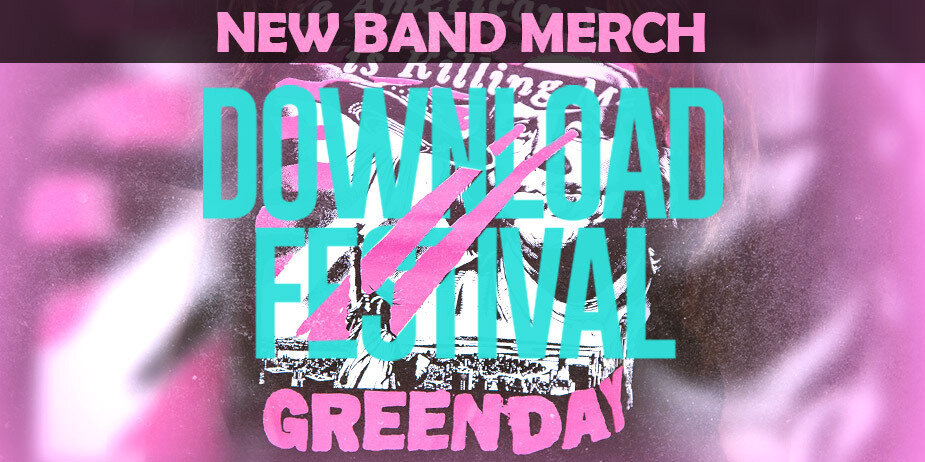
Get the Down Low on Download Music Festival
Featured Products
To look back at the beginning of Download Music Festival, first you need to look back even further than the early 2000s to the 1980s. Download Festival, as we know it today, is the separate continuation of the Monsters of Rock festival, held in the same town.
The Monsters of Rock festival was a one-day hard rock and heavy metal festival (nothing like our modern five-day camping festival extravaganzas), initially intended to be a one-off event to crown Rainbow’s UK tour in 1980. However, they instead became the first headliners of an annual event.
The Monsters of Rock Festival continued occurring annually for 15 years at Castle Donnington, expanding to run parallel festivals in multiple European countries and even expanding to South America in 1994. However, despite its successful run, the festival struggled to continue in the 90s as the popularity of heavy metal music declined, leaving coordinators struggling to find headliners. In 1997, the event was cancelled and discontinued.
The park didn’t see the return of live music events until 2001, when the Rock and Blues Festival and Stereophonics held events at the site. The Ozzfest tour returned to the site in 2002, using Donington Park as their sole stop for the UK. And in 2003, Live Nation picked the site for their new Festival, Download, the successor to the Monsters of Rock.
In its inaugural year (2003), Iron Maiden and Audioslave headlined this reimagined festival. Limp Bizkit was originally intended to headline, however, they pulled out, being replaced by Audioslave. The name was changed due to download being a challenging and dirty word in the music industry at the time, due to issues with sharing MP3 files. The festival organisers wanted to be welcoming to the rebellious and alternative, and to embrace the new steps they had taken in the 21st century. They continued their theme of rebellion throughout the festival, with Metallica arriving to play a ‘secret slot’ Sunday afternoon despite being told they could not headline due to commitments at Reading and Leeds Festival.
In 2004, an extra stage was added to the grounds, increasing the number of bands playing, but last-minute issues plagued the summer music festival. Tour buses broke down, equipment arrived late, and Headliners Metallica’s drummer, Lars Ulrich, was rushed to the hospital. Eventually, they took to the stage an hour-and-a-half later than their scheduled slot to explain the situation, with multiple drummers from other bands and their drum technician covering for Ulrich’s absence.
2005 saw an expansion to the UK festival, from two days to three days, as well as some experimentation from the organisers. The first day of the festival was dedicated to Indie music in an attempt to broaden the horizons of the audience to include a wider alternative group, however, there were reservations about how the typical attendees would react. Feeder headlined Friday, with frontman Grant Nicholas smashing his guitar during the performance. Some speculated this was due to frustration in trying to win the crowd over, but Nicholas stated in an interview with Kerrang! that he simply wanted to do the most rock and roll thing he could think of after eventually winning the audience.
In 2006, the Donington Festival faced some controversy due to bottles being thrown at Sunday headliners Guns N’ Roses, causing lead Singer Axl Rose to slip, and also hitting bassist Tommy Stinson. Stinson stormed off after throwing his bass (which hit a cameraman), but returned to apologise and warned the crowd about the behaviour. On this final night, fires were also started in one of the campsites, and 12 attendees were arrested. Police arrived in riot gear following festival-goers blocking the access of the fire engines.
2007 remained fairly uneventful for the festival following the fans' pyrotechnics and bottling of the year before; 2008 saw a change in location for the festival from the circuit infield to the west side of the park.
2009 saw yet another location change, following complaints about the distance between the campgrounds and the stage locations, as the music festival moved to an open field to the south of the race course. 2009 also saw the introduction of the classic-rock-themed line-up on a Sunday, a feature that repeated in recurring years.
2010 and 2011 proceeded to run (fairly) smoothly, with a few cancellations. 2012 saw a delayed opening on the Friday due to poor weather, with organisers laying straw in an attempt to help combat the muddy and slippery grounds and removing potentially hazardous banners and signs. Due to the delay, some performances were moved to different stages and slots, with others being cancelled entirely. The conditions also made it extremely difficult for disabled fans to get around independently, from the stages to the campgrounds to the toilets, and they had to rely heavily on help from fellow festival-goers, as there was no move to step in from organisers. Attendees heavily criticised the lack of preparation and the lack of systems in place to help.
Iron Maiden returned in 2013 to celebrate 25 years since they headlined the Monsters of Rock in 1988. 2014 saw some controversies surrounding Headliners Avenged Sevenfold, sparking the trending hashtag #WhyNotDyingFetus, who were later booked for a lower slot. Several bands that pulled out in 2014 returned in 2015 to play.
The bad weather also returned in 2015, with a high amount of rain leaving the Download festival camping extremely muddy and even flooded in some places, causing some tents to be abandoned overnight. The police and festival organisers also led a technological surveillance plot, with RFID (radio-frequency identification) wristbands and facial recognition technology, with no prior attempt to warn the public. Leicestershire Police installed the new scanners and compared the results against a European criminal database. The wristbands were the only way to purchase items or travel throughout the festival grounds, and this information was stored to be sold to third-party marketers. The story leaked just a week before Download music fest began due to the release of an interview with an officer in the Police Oracle, which caused great upset for Leicestershire Police. Muse frontman Matt Bellamy commented on the surveillance during their performance, “[****] Leicestershire police for scanning your faces”.
Once again in 2016, the grounds flooded, causing major issues with getting into the main arena. The entrance became a boggy, muddy mess with only a bit of straw laid nearby, and attendees struggled to wade through the mud to get to the stages. In 2016, it was also announced that there would be a Download held in Paris on the same weekend. Iron Maiden headlined the parallel festival on Friday as part of their Book of Souls tour.
In 2017, Download returned for the second year in France, once again taking place at the same time as the UK festival. 2017 also saw the first Download festival held in Madrid, Spain, as it continued to expand. Travelling even further in 2018, Live Nation announced a one-day event to be held in Melbourne with famous names such as Korn, Limp Bizkit and Falling in Reverse joining the line-up. Download also returned to both France and Spain in 2018.
In 2019, attendees once again battled against the weather in Donington Park; several reported that they had sustained injuries in the consequential mudbath following heavy rain. Some left before any of the bands had the chance to perform due to issues concerning flooding in the campgrounds. Japan joined the international line-up of events for a one-day bash, alongside returning Australia, France and Spain.
COVID-19 saw the 2020 dates being cancelled as the UK went into lockdown. It was replaced by Download TV, a 3-day virtual showing of old performances, unaired interviews, new performances and more.
In 2021, organisers downsized to a UK-only festival. Many of the artists scheduled to perform in 2020 agreed to return, however, it was once again cancelled due to COVID-19 restrictions. Another virtual event similar to 2020 was aired, featuring the best Download headliners from the past decade. A ‘pilot’ version of Download was held on the 18-20th of June with an all-British line-up and reduced crowds.
Download at Donington Park returned in its full glory for 2022, with Germany and Japan also hosting one-day events. On the Saturday of the festival weekend, the East Midlands Airport was forced to close for a short period due to drones being flown near the runway by guests at the festival.
A four-night event was held in 2023 as part of the celebration of Download’s 20th anniversary. Five Finger Death Punch were originally scheduled to headline the Thursday night, but had to pull out due to illness, being replaced by Skindred. Following the festival, local newspaper Derbyshire Live reported that disabled festival-goers had to deal with poor conditions, highlighting overflowing toilets, camping on gravel, ill-informed and ignorant staff, and “appalling” transportation for disabled people.
In 2024, Download UK returned to its three-day format first introduced in 2005. Multiple bands pulled out due to issues surrounding the festivals partnership with Barclays, who later withdrew their sponsorship following pressure from both fans and other artists.
Now we have finally arrived at 2025. The festival is set to take place from the 13th to the 15th of June, with the long-range forecast predicting unsettled weather. The Met Office predicts that any wet weather should quickly shift northward towards Scotland; for the sake of any festival goers, we hope it stays this way with Donington Park’s history of becoming a flooded mud bath!
Suitably, Download’s theme for this year is Friday the 13th. The official website's guidelines don’t recommend prop weapons or full face-covering masks to help with security measures (you don’t want anybody thinking you brought a real knife in as part of your Jason costume), so we’re not sure how many will participate. A fun idea, unfortunately limited by security concerns.
The festival has a total of 8 stages this year, with over 90 confirmed acts. Green Day, Sleep Token and Korn are set to headline on the main Apex Stage. The announcement of Sleep Token sparked some controversy, with older metal heads and long-term attendees complaining about the direction the festival was taking, claiming it was taking a step away from classic metal and rock. However, many were excited by the new step, as Sleep Token has been one of the most rapidly rising alternative metal bands of the last few years - their most recent album, ‘Even in Arcadia’, hit number 1 on debut.
The festival has also already faced some backlash this year following their announcement that they would be complying with government guidance to ban trans women from using women’s facilities; these complaints were spearheaded by artists NOAHFINNCE, Pinkshift and Witch Fever, however, many fans joined in online. In response, the festival stated that the majority of its bathrooms would be gender neutral, but segregated women’s facilities would still be available.
Did you know all this lore about Download? Whether this is your first year or you’ve been there to witness any of these events in person, it’s great to know about the history and recap everything that’s gone down at this historic rock and metal music festival. Are you ready for Download XXII?










